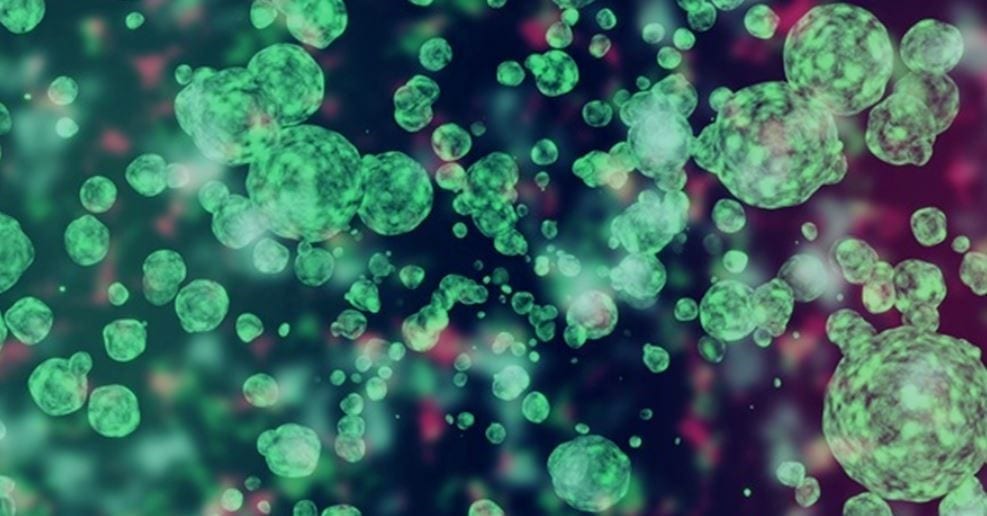Heart disease is the leading cause of death in the United States, killing over half a million people every year. Heart disease encompasses several conditions and diseases, but the most common causes of deadly heart disease are a heart attack, heart rhythm problems, and heart valve problems. In each of these cases, damaged heart tissue becomes dysfunctional and the heart cannot pump blood efficiently or effectively. To combat this deadly set of diseases, researchers are searching for ways to heal and regenerate heart tissue. Stem cells and stem cell exosomes have shown promise.
While stem cells have been used in a variety of conditions, researchers long doubted the benefit of stem cells in heart disease. The heart, it was believed, was not a “hormonal” organ and thought to be relatively unresponsive to things like cytokines and other messengers. Fortunately, new research has completely changed this viewpoint. According to Drs. Sean Davidson, Kaloyan Takov, and Derek Yellon of the Hatter Cardiovascular Institute in the United Kingdom, “Most, if not all, cells of the cardiovascular system secrete small, lipid bilayer vesicles called exosomes.” The scientists go on to say that exosomes from stem cells “have been shown to be powerfully cardioprotective” and that exosomes produced by stem cells are capable of “activating cardioprotective pathways.”
In simpler terms, the heart and blood vessels are sensitive to the beneficial effects of exosomes. Thus, if exosomes are collected from stem cells, purified and concentrated, and then reinjected into the body, they can repair heart tissue. For example, exosomes collected from mesenchymal stem cells were able to reduce the amount of damage caused by a heart attack in mouse, and improve heart recovery after the event. This could have profound implications for humans who suffer a heart attack since damaged heart tissue can lead to heart failure, heart valve problems, and heart rhythm problems.
The study of stem cells and stem cell exosomes in heart disease is a relatively new science. Clinical trials will need to be performed to determine the role of exosomes in the treatment of heart disease. However, these findings represent an exciting avenue of research in the field of cardiology and regenerative medicine.


 St. Petersburg, Florida
St. Petersburg, Florida
